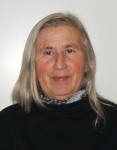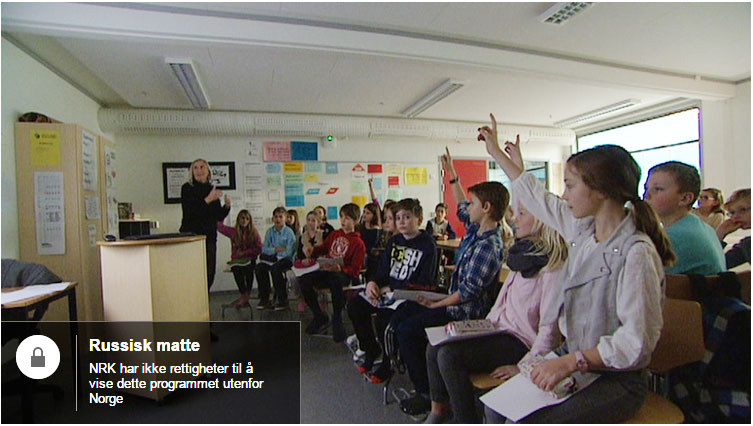Main page

My experience as a teacher with ‘developmental learning’
Background:
As a veteran teacher, I have taught beginner’s mathematics to many first-year classes. Each time I have found that the pupils are able to make significantly faster progress through the syllabus. Even though I increased the pace, I still found myself looking for more challenging exercises to stimulate class activity. Traditional lessons comprise a teaching session, reviewing new material, and then the pupils engaging in similar activities. This is just how it was in my classes as well – a little boring and monotonous…
Stages in the establishment of L.V. Zankov’s system for developmental learning
“One step in learning can mean hundreds of steps in development.â€
L.S. Vygotsky
The history of the establishment of a system for the general development of pupils is closely tied to the scientific biography of its founder Leonid Zankov (1901-1977) – a renowned Soviet researcher in the fields of pedagogy and psychology.
Leonid Vladimirovich Zankov was born on 21st April 1901 in Warsaw, the son of a Russian officer. In 1916 he graduated from high school in Moscow, and began work as a teacher in the village of Turdei, in the Tula region, during the years immediately following the Russian revolution…
Parents’ feelings about the method
Kristin Jensen Alle:
“As a parent/parents to pupils who were at the forefront of the Russian mathematics program (now class 6B), and the follow-up work that has been done with subsequent classes (eg. the current class 4B), we have been thrilled to see the results our children have achieved – both in terms of mathematical knowledge and the working methods used during the program…
Here nobody thinks that mathematics is hard.
(19.12.2013, NRK)
Questions and answers
Why is there so much text in the book? Is this not a problem for pupils who have only just learnt to read?
At the earliest stages, the text is primarily intended for the teacher – the pupils can follow along as the teacher reads. This serves as motivation, and the pupils will eventually begin to read for themselves…
Why does it use such difficult words and expressions instead of more everyday language?
First and foremost, our experience has taught us that this isn’t a problem for the pupils – they learn new words and expressions all the time. The problem is rather with adults who think that the words are too difficult. The use of academic terminology is quite deliberate, and builds on Vygotsky’s theory that language shapes thought. Everyday language is also used alongside the academic terms…


